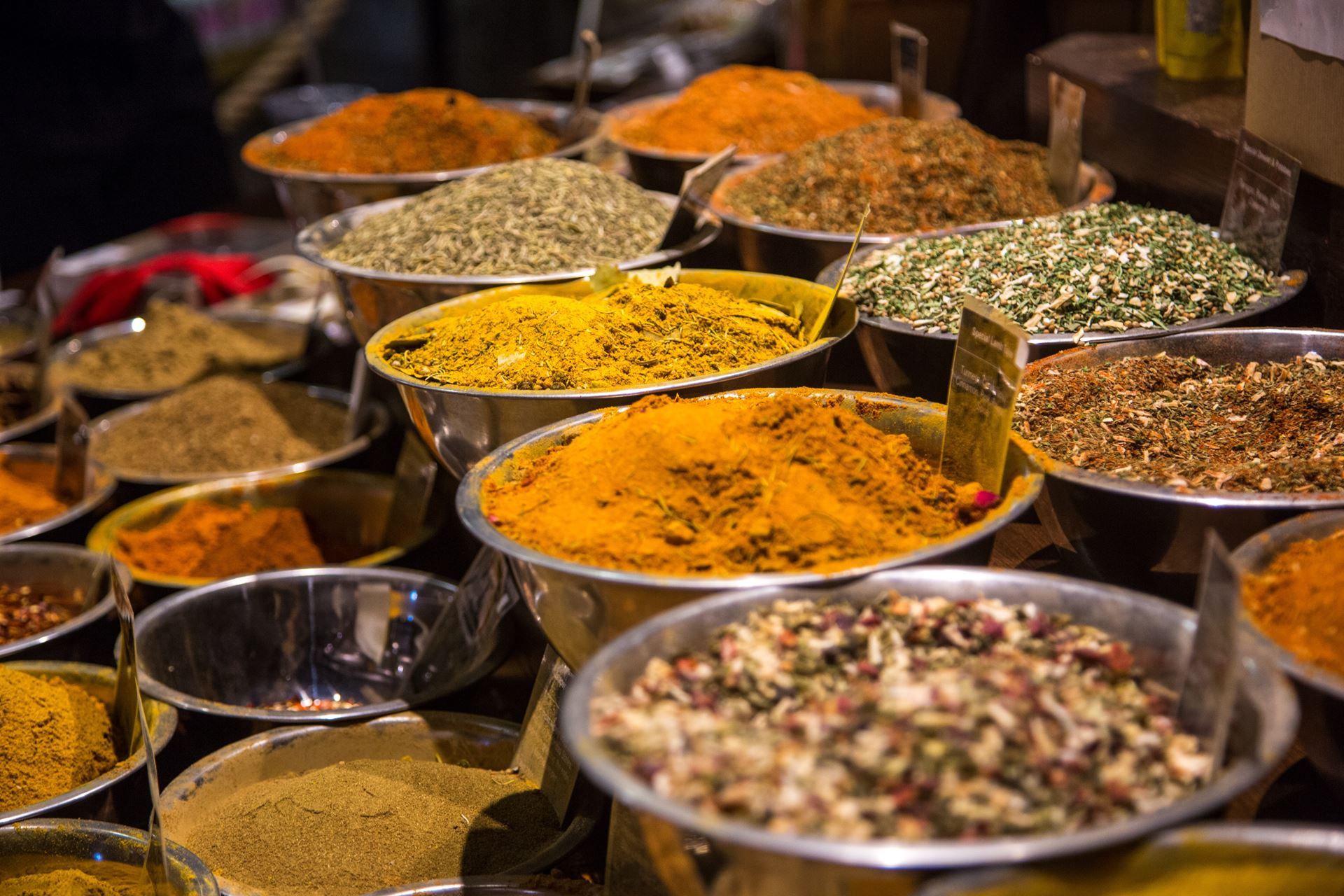A study from the USA’s Stanford University has shown that adulterated turmeric root and powder grown in Bangladesh is responsible for high levels of lead in low income, rural Bangladeshis. The study, published in Environmental Research, includes interviews with farmers and spice processors in several districts in Bangladesh. Here are 15 fast facts about turmeric, Bangladesh and the study.

- Turmeric is a potent anti-inflammatory – it has been used for over 6,000 years in Ayurvedic medicine.
- Turmeric is native to the Indian subcontinent, and most of the world’s turmeric is still grown in developing countries such as Bangladesh because of the favourable climatic conditions.
- Studies have shown that lead exposure in communities in Bangladesh.
- Studies have traced lead contamination of turmeric to the 1980s. Flooding in Bangladesh had left turmeric crops soggy and dull in colour. Farmers added lead chromate to restore the brilliant yellow colour during spice processing.
- Lead is a potent neurotoxin; exposure increases the risk of heart and brain disease in adults and interferes with brain development in children.
- Researchers writing in Environments Science have found about 90 per cent of studied children with elevated blood lead levels were from lower-income families.
- Over 30% of the pregnant Bangladeshi women studied had high blood levels of lead.
- Outside Bangladesh, turmeric has not been linked to lead contamination
- Stringent safety checks on imported turmeric have encouraged spice processors in Bangladesh to reduce the amount of lead added to turmeric intended for export.
- In Australia, the TGA provides strict guidelines and regulations to ensure the integrity and safety of Australian products.
- Rigorous checks are made throughout the supply chain, batch testing reports and information on the supplier are documented at every stage.
- Australian supplements are made following Good Manufacturing Practices and incorporating sampling and testing programs into quality procedures.
- CMA actively supports a range of programs that facilitate the trade of safe and high-quality complementary medicines.
- Importing-country food safety standards influence largescale food processors, not the practices of processors providing informal and domestic markets.
- Public health authorities, producers and consumers of turmeric should engage in a productive dialogue, along with other stakeholders, to scope solutions to this issue.
Reference https://www.sciencedirect.com/science/article/pii/S0013935119305195?via%3Dihub



